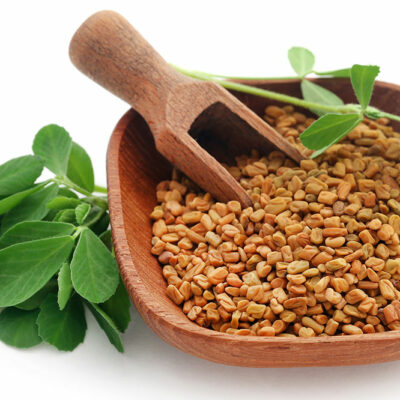
5 Foods to Avoid Acid Reflux
Treatments & Medication
Acid reflux can be incredibly painful and inconveniencing. While Nexium and Tums can help to alleviate symptoms such as heartburn that are common in Gastroesophageal reflux disease (GERD), there are also foods that can be limited or even eliminated to help manage acid reflux. In this article, we go over 5 foods that might be best to avoid if you suffer from acid reflux:
1. Dairy
Dairy products are a big cause of acid reflux. Cream, hard cheese, ice cream, milk, yogurt, and likewise dairy products are generally best to avoid in order to prevent acid reflux. However, goat cheese, sheep cheese, low fat yogurt, and skim milk are less acidic and can therefore be good alternatives. Otherwise, alkaline foods such as broccoli, spinach, almonds, or bananas can be ingested to counteract the acidity of cow’s milk dairy products.
2. Fried foods
It’s no secret that fried foods are high in trans fats as well as being incredibly acidic. Fried chicken, mozzarella sticks, and french fries are all examples of foods that can cause heartburn and stomach pressure due to the presence of excess stomach acid that they cause from slow digestion. While eating them alongside alkaline foods is a good idea, fried foods should be avoided when possible.
3. Meat
Red meat—as well as other meat—is quite acidic, thus commonly causing flare ups of acid reflux. If eaten slowly to allow the body to begin digesting early on, then steak, burgers, and likewise meats can still be enjoyed. However, it’s still a good idea to limit them whenever and wherever possible.
4. White potatoes
Eating too many white potatoes can result in acid reflux despite their nutritional value. Their starch and slight acidity can create problems when ingested in excess—thus, sweet potatoes are a terrific alternative recommended by doctors as they contain 400% of the daily vitamin A requirement. If potatoes are a staple component of your dinners, this is something you may want to consider!
5. Margarine
Although this seems like a strange one, margarine is actually pretty acidic. While it appears mundane as a substitute for butter, consuming margarine can cause acid reflux and other stomach issues, as well as cardiovascular harm. Chronic inflammation can also result from the omega-6 fatty acids in margarine—therefore, it is recommended that the oils and fats contained in both margarine and butter be limited to 3 0.2g servings per day.


